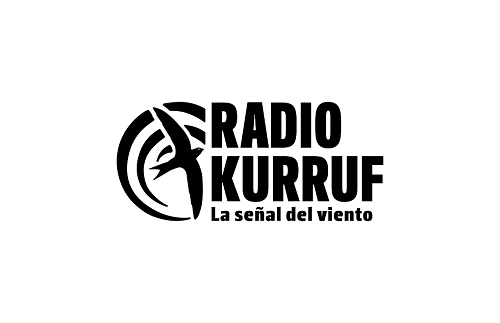By Anarchist Assembly of the Biobío
(Spanish version here)
Political imprisonment is nothing new in Chile; nevertheless because of the immense number of prisoners in the wake of the social revolt, the debate about this topic has increased. On the one hand there are different opinions about the number of people arrested and judicially processed during the revolt. The government acknowledges that it has brought 531 charges against 1774 defendants for different crimes, of which 219 cases against 1073 defendants have been in the context of the Law on the Security of the State.
Of those 1073 defendants, three are in preventive custody, 61 in house arrest, 441 have other precautionary measures, 59 have been convicted, two have been released, while 489 have not been formally processed yet. Meanwhile, the public prosecutors inform that as of October 2020 it had formalized 5084 persons, 648 of which remained in preventive custody and 725 had been convicted.
According to prisoner support organizations this disparity is due to the fact that the government only provides information about defendants being charged in the context of the Law on the Security of the State, while most have been judicially processed in the context of the Law on Arms.
Independently of the concrete figures we see political imprisonment against participants of the revolt as part of the reaction of the State and those in power against the uprising from below, as it not only used the prison system to punish them at the hands of the judiciary, but also employed massive repression, including killings and mutilations and enacted laws against the right to demonstrate, as was the case with the anti-barricade law passed by parliament.
This repressive politics to confront a “mighty enemy” as president Piñera put it from his lectern while speaking with the media, involves a series of judicial actions and irregularities in the due process of detentions, like falsified proof, police statements as only source of information and extended periods of preventive custody, that in some cases had gone on for months or even more than a year, as the government bases its proceedings on the Security Law which in practice facilitates a pre-emptive punishment without a trial.
On the other hand, those in power try to position the idea in the public debate that all is based on nothing more than common crimes, that it’s not political imprisonment. And they base this assessment on some specific cases of robbery in the context of the looting of big supermarkets; nevertheless, this argument completely ignores the social and political context of those demonstrations, as in the revolt it was a common recurrence that people vented their anger against unfair institutions and the pillars of the neoliberal model. Those in power try to differentiate between good and bad demonstrations, between violent and non-violent demonstrators, aiming to project their ideal of a servile, passive and monotonous demonstration in contrast to which any more disruptive demonstration would clearly be seen as a mere criminal endeavour.
People who have been deprived of their freedom never have been treated nicely in Chile, prisons are overcrowded and the precarious hygiene conditions have been a constant topic of debate when denouncing the situation in prisons. This reality becomes even more harsher with the pandemic, as there are no control measures to impede the spreading to the disease, the isolation then adds to the already severe punishments, as private visits have been suspended since the start of the pandemic. There is a stark contrast between this difficult situation and the impunity with which those in power act and the forgiving treatment of the upper classes in cases of corruption or fiscal fraud like in the Cascadas Case or how soft they act against the extreme right-wing groups that threatened the prosecutor Chong.
The social movements have managed though to put this problem on the agenda and even pressure the release of some prisoners or the revolt along the country, opening the debate about whether prisoners in the context of the revolt should be considered “political” or not. Some parliamentarians have even pushed forward a project for pardons that hasn’t had any effects on the state though, which only confirms that if the political imprisonment is to be put in the public eye and our comrades are to be freed, it needs to be through the pressure from below.
Between the process for a new constitution that started with the October referendum and the presidential elections coming up, the mobilizations from below haven’t managed yet to install the freedom of the prisoners of the revolt as condition for any negotiations with the power, thereby showing the weakness of the revolt and the pending tasks for future mobilizations.
Freedom to the Prisoners of the Revolt!
#laprotestanoesdelito #protestisnotacrime
Anarchist Assembly of the Biobío
January 2021

0 comentarios